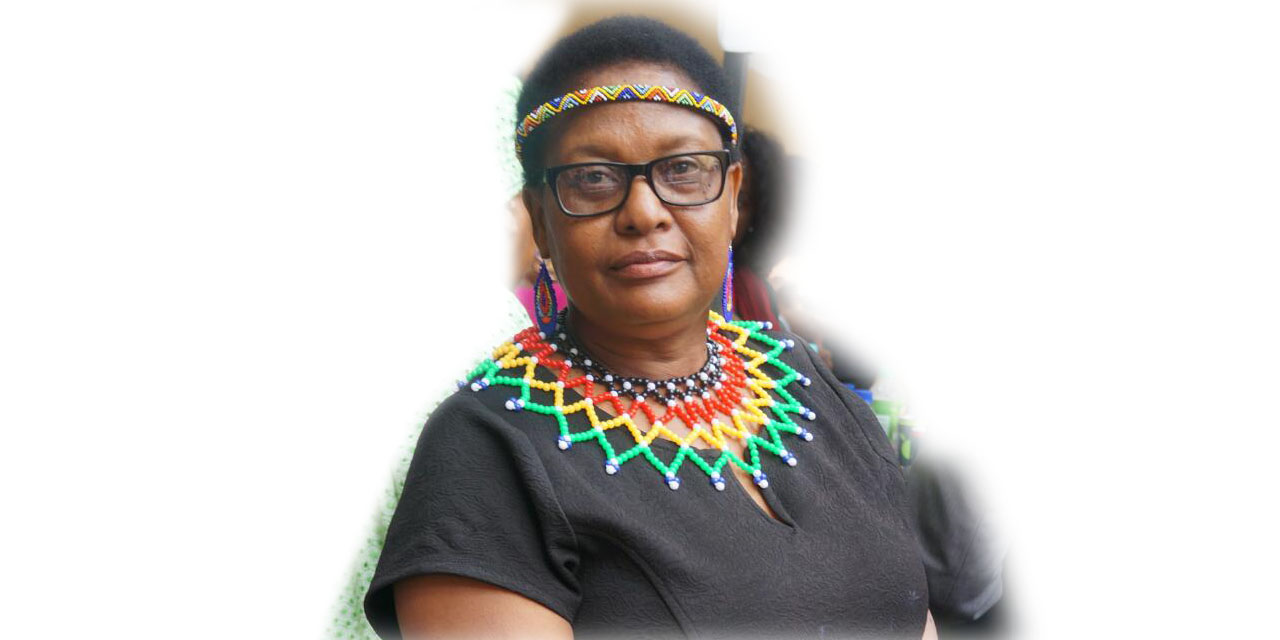Stefanus Nashama
Popular Democratic Movement Parliamentarian, Elma Dienda said the Namibian education system fails in executing delivery due to a lack of infrastructure and basic learning necessities.
She said this during her contribution to a motion tabled in Parliament by a fellow party member, Nico Smit, on the investigation and a full audit of the expenditure of the N$14.1 billion allocated for education with a comprehensive view into infrastructure and textbook expenditure.
In his motion, Smit pointed out that textbooks are among the bare minimum of what is expected for children to be provided with at school.
“What are the priorities that influence the expenditure of the ministry and where is the value for money expected when we allocate billions in taxpayer’s money to take care of the educational needs of our children?” he questioned.
Dienda explained that learners in many overcrowded government schools in Namibia regularly do not comprehend what they are being taught due to a lack of infrastructure and basic learning necessities.
She said that the necessary resources, such as textbooks, teaching materials, and technology should be provided to effectively and positively equip students to improve the quality of education in schools.
“The lack of infrastructure and learning materials has failed the education system in Namibia while N$14.1 billion is utilised on education expenditure,” Dienda expressed.
The MP said learners do not learn much after sitting in a classroom for years on end, adding that it is therefore not surprising that some learners feel that they are wasting their time and dropping out.
“Advanced societies invest in equipment, labs, technology, and well-trained teachers to create the problem solves, thought leaders of the future,” Dienda stated.
According to Smit, the condition of many schools is deplorable and shameful.
“We are met with desperate frustration of teachers, parents, and learners at the shortage of laborites and kits required to prepare learners for practical exams in Biology, Physics and Chemistry,” Smit said.
In addition, a shortage of computers and computer labs is another lacking track in an education learning system.
Dienda also noted that public schools are losing the best teachers to private schools because of inequitable resource allocations and inequitable access to quality education provision.
“Rural and relatively poor regions have the most schools without basic services and teacher housing. These regions also perform poorest in national examinations and probably have higher rates of dropout,” she stated.
The parliamentarian noted some schools are still lacking basic necessities such as toilets, water, and electricity.
“Some salient statistics related to infrastructure include 12.8 percent of schools lacking toilets for learners, about 11 percent of schools lacking a water supply, 17.5 percent of schools in 2019-lacked electricity, with nearly half of the schools in Kavango West having no access to electricity,” Dienda indicated.
She said that in the Omusati Region, just a week ago, 340 learners from Oshukwa Primary School in the Okahao, had their education interrupted because they were sent home due to the absence of functional toilet facilities at the school.
In 2020, the Ministry of Health ordered the temporary closure of a school in the Ohangwena Region due to a lack of water and poor sanitation.
“This particular school was reported to have cracks in the floor that was big enough for a child to fall through,” Dienda said.
She added that Mureti High School in the Kunene Region have the same problem, learners are forced to use toilets that are simply unpleasant to visit and pose serious health hazards, and the list goes on.




